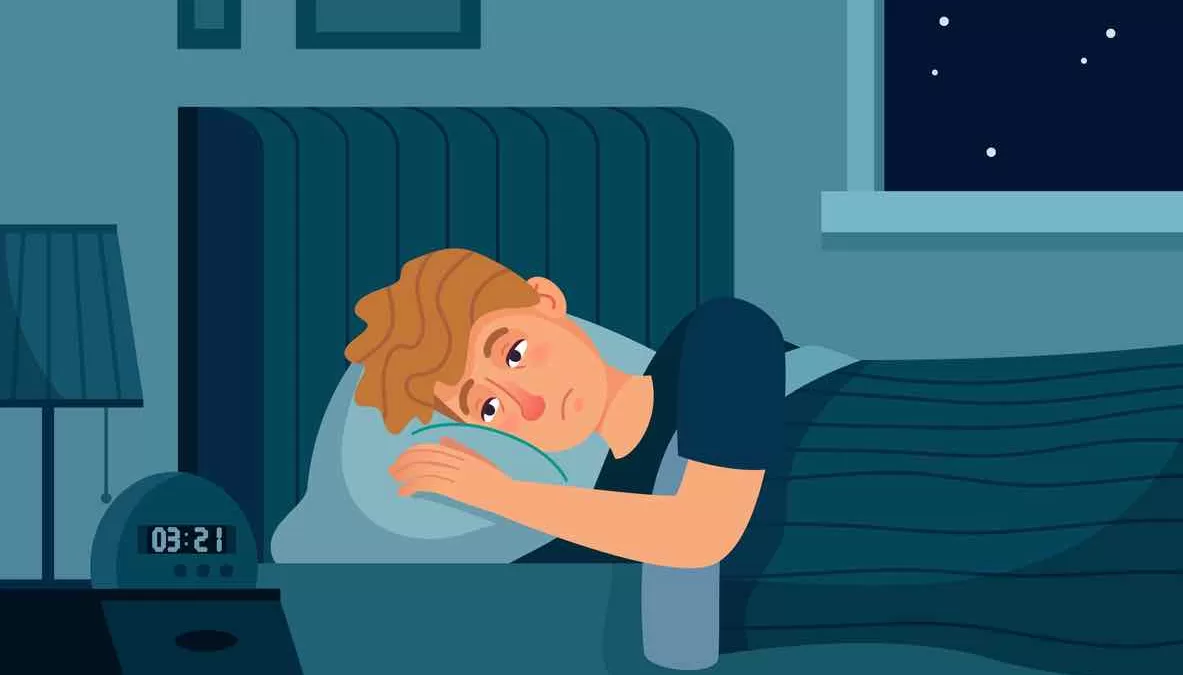- Have any questions
- Info@Ratedtherapy.com
Trouble Sleeping

The Anger Iceberg
January 7, 2023If you’re having trouble sleeping, there are a number of things you can try to help improve your sleep. Here are a few suggestions:
- Stick to a consistent sleep schedule: Establishing a consistent sleep schedule can help regulate your body’s natural sleep-wake cycle and improve the quality of your sleep. Try to go to bed and wake up at the same time every day, even on weekends.
- Create a relaxing bedtime routine: Developing a relaxing bedtime routine can help signal to your body that it’s time to wind down and prepare for sleep. This could include activities such as reading, listening to soothing music, or taking a warm bath.
- Make your bedroom a comfortable sleep environment: The environment in which you sleep can have a big impact on the quality of your sleep. Keep the bedroom cool, dark, and quiet, and use a comfortable mattress and pillows.
- Avoid screens before bed: The blue light emitted by screens (e.g., phones, tablets, TVs) can interfere with sleep by disrupting the production of the sleep hormone melatonin. Try to avoid screens for at least an hour before bed.
- Avoid caffeine and alcohol close to bedtime: Both caffeine and alcohol can interfere with sleep. Caffeine is a stimulant that can make it difficult to fall asleep, while alcohol can disrupt sleep patterns and cause sleep disturbances. Try to avoid consuming caffeine and alcohol in the hours leading up to bedtime.
- Get regular exercise: Regular exercise can help improve sleep by reducing stress and anxiety and promoting physical relaxation. However, try to avoid vigorous exercise too close to bedtime as it can actually make it harder to fall asleep.
- Try relaxation techniques: Relaxation techniques such as deep breathing, progressive muscle relaxation, or visualization can help calm the mind and body and promote sleep.
- Consider trying natural remedies: Some people find that natural remedies such as melatonin or valerian root can help improve sleep. It’s important to talk to a healthcare provider before trying any new supplement.
- Consider seeking help if necessary: If you are consistently having difficulty sleeping despite trying these tips, it may be helpful to speak with a healthcare provider or a mental health professional for further evaluation and treatment. They may be able to identify any underlying medical or psychological conditions that could be contributing to your sleep problems and provide appropriate treatment.



